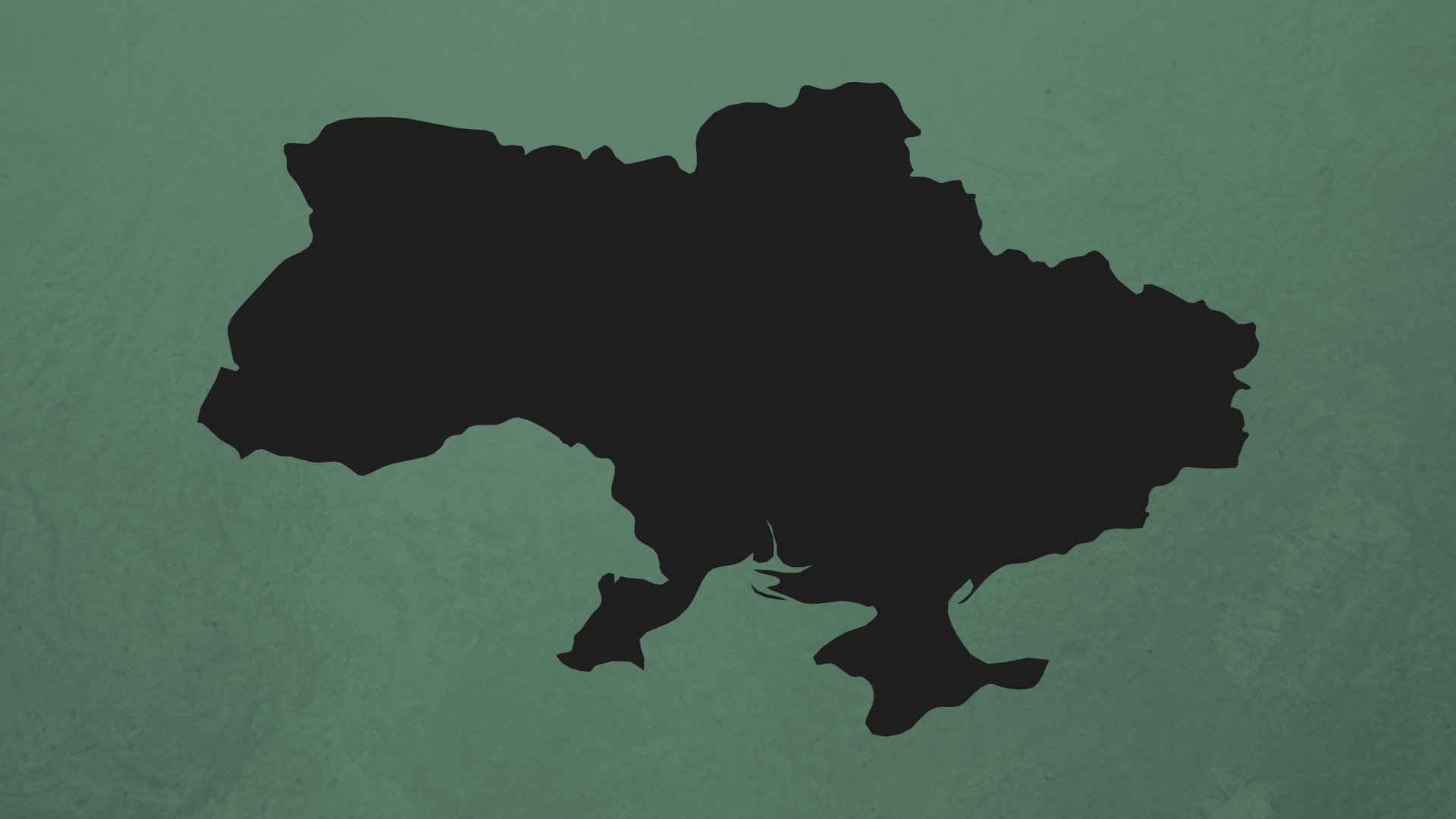How I learn to Love The Bomb and Deal with Bullies
 |
| A nobody who still knows inside he is a nobody. He can't even walk like a man! |
Following the 2014 annexation of Crimea, and ongoing political and military support to Russia-backed occupation forces controlling parts of the eastern Ukrainian regions of Donetsk and Luhansk, the Russian government launched a full military attack across Ukrainian territory in the early hours of February 24, 2022. Military installations, airports, civilian housing, and key infrastructure have been targeted and bombed, including in the capital Kyiv and other major cities such as Kharkiv in the northeast, and Odesa and Kherson in the south. The Ukrainian military has been responding to the attacks, and the government has declared martial law.
Two weeks into the war, over 2 million Ukrainians have become refugees in neighboring countries in Central Europe, with a majority fleeing to Moldova, Poland, Hungary, Slovakia, and Romania, while many more are internally displaced. The Russian army has continuously bombed civilian infrastructure, including houses, hospitals, and schools, causing the death of at least 1,300 civilians. It has also registered several thousands of military casualties on its side.
Ukraine’s existential challenge is how to defend itself against Russia’s particular brand of hybrid war, which includes a “shock and awe” military campaign as well as cyberattacks and a massive disinformation campaign targeting Ukrainian, Russian and global audiences. Russia’s approach may also include the attempted installation of a puppet leader willing to sign a bilateral agreement that gives away much of Ukraine’s sovereignty and legalizes Russian actions
President Putin laid out his vision of a Ukraine reintegrated into Russia’s sphere of influence in a rambling one-hour speech on February 21, and co-opted Belarus into the coordination of Russia’s military attack on Ukraine. Russia’s own citizens have been subjected to a totalizing wave of media stories that includes frequent false claims about Ukraine being led by a “Nazi” regime. It is unclear how Russian public opinion will react or evolve to these claims over time, as many Russians have close ties to Ukraine, and know this to be false. There are already signs of unprecedented opposition to Putin’s decision in a country where challenging nationalistic discourse and the status quo carry profound consequences. The economic effects of Russia’s actions, including the halting of the Nord Stream gas pipeline in which Moscow invested billions, and the free fall of the Russian ruble, are other major factors that will influence how Russians assess Putin’s actions.
Another question is how long the Russian government will be able to sustain its defiant stance toward the international community, and how neighboring countries will react. This war has serious consequences for European safety, energy security, and human security.
International players have reacted in various ways: the European Union has declared a ban on air travel and imposed drastic sanctions while absorbing the majority of the refugees. The US and the UK have imposed similar sanctions and NATO has reinforced its military presence while individual NATO members are providing weapons to Ukraine.
There has also been an outpouring of support from the private sector as banks, retailers, food and beverage chains, energy companies, tech giants, and more have halted services in Russia or pulled out altogether.
Turkey, also a NATO member, has been playing a mediator role while shipping dronesto Ukraine.
China, while recognizing the territorial integrity of Ukraine, supports Russia yet remained silent during the UN vote in early March condemning Russia’s invasion.
In former Soviet states, there is a widening gap between official reactions of silence or support for Russia, and public opinion, which, while still divided, includes open support for Ukraine, notably on social media. Meanwhile, Moldova has absorbed over 200,000 Ukrainian refugees, and Georgia, Armenia, Kazakhstan, Uzbekistan, and Kyrgyzstan are witnessing the first waves of migrants from Russia who leave their country for political reasons or in anticipation of a major economic crisis at home.
But perhaps the main challenge for all is verifying information and avoiding disinformation, one of Moscow’s main weapons in this situation.
Initial reliable sources with frequent updates in English:
- The Kyiv-based English-language newspaper Kyiv Independent.
- The Riga-based independent Russophone and anglophone media outlet Meduza.



Comments